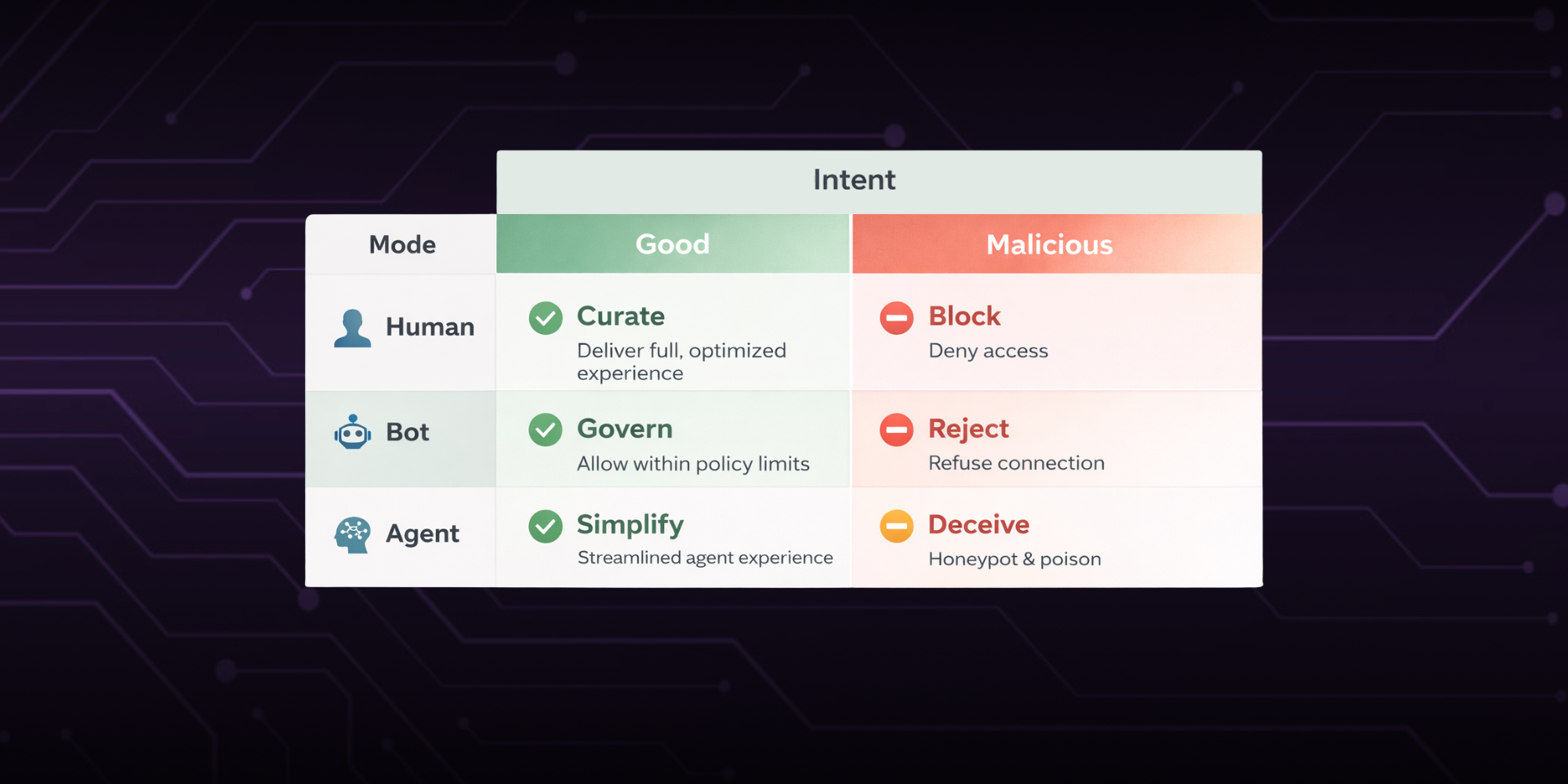
Part 2: From Isolated Actions to Identifiable Abuse
Fraud doesn’t happen in one step. And it doesn’t always look bad when it starts.
That’s the issue with most traditional fraud platforms: they treat every moment like it’s the whole story. A clean login? Good. A successful 3DS check? Green light. A verified email address? Safe. But fraud isn’t a single event. It’s a sequence. It’s the buildup. And if you’re not connecting the dots across that sequence, you’re missing the whole point.
Enter Multi-Event Behavioral Analysis.
This is one of the core reasons I joined Spec. Most tools only see fragments. Spec sees behavior in context. Not just single signals, but how signals evolve over time and how they link together into something meaningful.
Why Single Events Aren’t Enough
Fraudsters know how to look clean when it counts. They’ll log in from a clean IP. Use a device that’s never triggered before. Pass a CAPTCHA and then... quietly abuse your policies.
But rewind the tape and you’ll often find a very different picture:
- That IP was part of a proxy swarm 20 minutes ago
- That “new” email domain is tied to a string of prior disputes
- The user added a second address, changed their phone number, and switched devices all before placing a high-value order
Most platforms miss this because they’re still treating each API call or user action as an island. Spec treats them like chapters in a story.
Seeing the Flow, Not Just the Form
With Spec’s Multi-Event Behavioral Analysis, we chain together behavioral signals across time, sessions, and touchpoints. What used to look like disconnected, low-risk moments becomes a high-confidence fraud signature.

Let me give you a real example from a common pain point: first-party misuse.
Use Case: First-Party Misuse (aka Friendly Fraud)
This one’s tricky. The user looks legit. They make a few successful purchases. They’re not spoofing devices or failing logins. Then suddenly, they file a chargeback claiming they never got the product.
Traditional tools shrug. Nothing “bad” happened.
Spec doesn’t shrug. Spec sees the pattern.
Here’s what we caught:
- The same user’s session started with multiple IP geolocations. Suspicious for a single visit.
- Their email had ties to known abusive accounts across prior refund attempts.
- They changed their phone number and added a new address just before purchasing.
- They switched devices mid-session.
- And they skipped every help center screen before heading straight to checkout.
Each signal on its own? Maybe benign. But strung together, it tells a clear story: this user was preparing for fraud.
With Spec, we flagged them before the refund request ever came in. That’s not reaction. That’s prevention.
Why This Matters
Fraud doesn’t always come in waving a red flag. Sometimes it walks through the front door, blends in, and hits you later. If you’re only looking for anomalies at login or checkout, you’re going to miss a lot. We used to rely on gut feel or post-mortem investigations to uncover these stories. But with Spec, those stories are laid out in real time automatically.
Our timeline view shows every interaction: clicks, API calls, field edits, retries, device changes. And our models don’t just react to one moment, they understand the sequence of behavior that leads to abuse.
It’s like having a timeline of intent, not just activity.

From Moments to Meaning
Multi-Event Behavioral Analysis doesn’t just give you more data. It gives you meaning. It helps you:
- Detect fraud patterns before they escalate.
- Reduce false positives by relying on full context.
- Simplify investigations with connected behavioral logic.
- Stop bad actors earlier in the flow before they hop from one API call to the next.
When you understand intent as it unfolds, you don’t have to wait for fraud to materialize. You can shut it down mid-pattern, denying attackers the opportunity to learn, test, or adapt. That means less exposure, less friction, and faster protection for your platform.
Final Thoughts
If Part 1 was about seeing the journey, Part 2 is about understanding it. Spec gives us both.
In Part 3, I’ll share how we use these insights to stop repeat offenders in their tracks by linking behavior across sessions, even when attackers try to mask their identity. Stay tuned.
--
Get Started with Spec
Getting started with Spec is simple and fast. We designed integration to eliminate common barriers and accelerate time to value:

- No major re-instrumentation required: Sessions automatically start when users land on your site or app.
- Lightweight integration: API calls are linked to sessions in real-time through simple configuration.
- Spec ID activates immediately: Returning users are fingerprinted and connected across sessions as soon as integration is live.
- Full support and onboarding: Our team guides your integration process, ensuring fast time-to-value.
You don’t need to rebuild your fraud stack to start seeing full customer journey visibility. Learn more.
Ready to get started with Spec?
As a seasoned fraud management professional with nearly 6 years of experience and CPFPP certification, Shawn specializes in developing and executing comprehensive fraud strategies that protect businesses from financial and reputational losses due to fraud. His background includes leading fraud investigations, building in-house fraud solutions, and enhancing fraud analytics capabilities at companies like Neo Financial and JustEatTakeaway.com. Shawn thrives in high-pressure environments where swift and accurate decision-making is critical. His passion for fighting fraud extends beyond the workplace and he is deeply committed to the fraud-fighting community.





